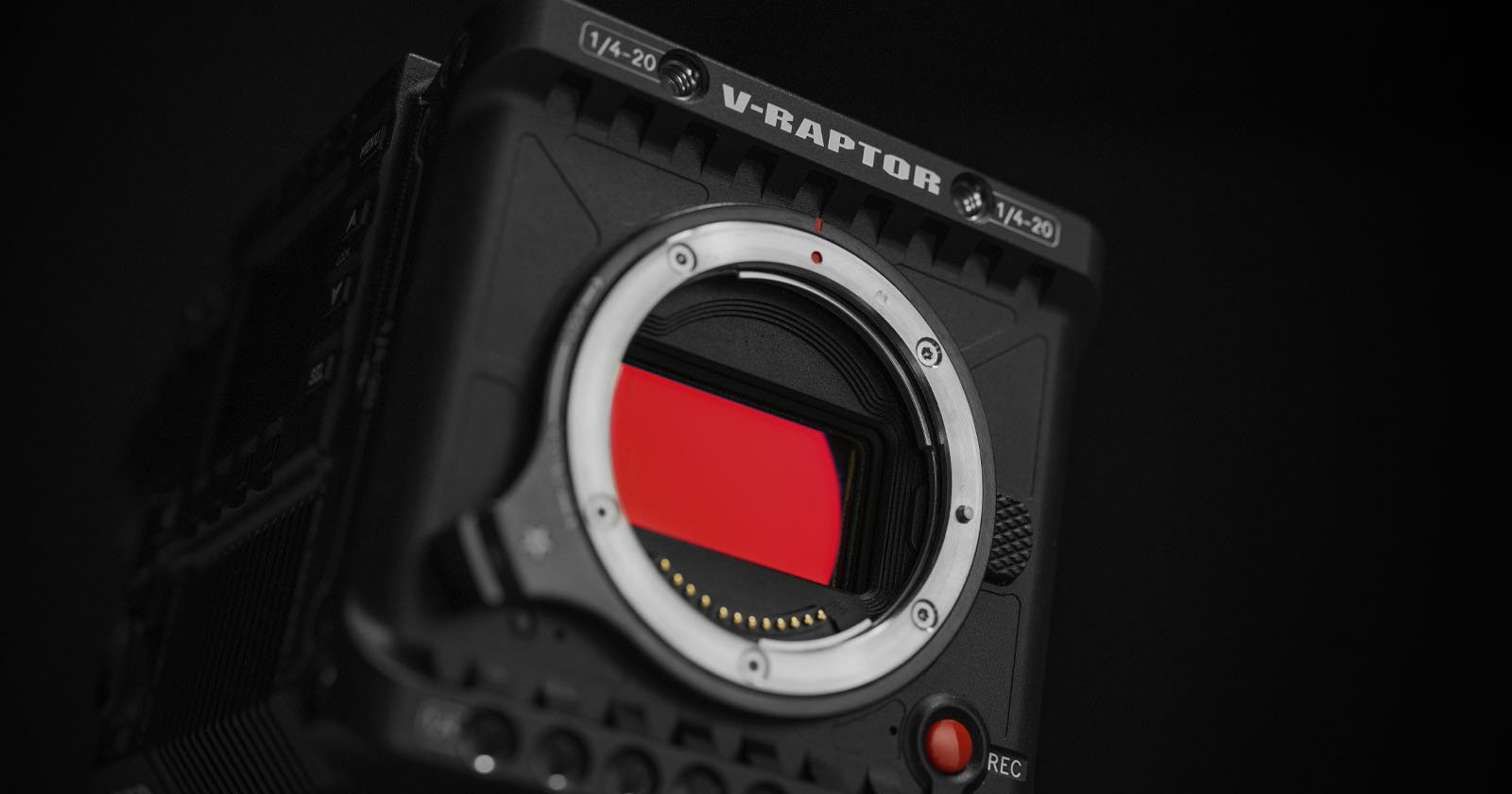What little I know is that Red claims that any compression of the raw video stream is their idea.
The question isn't are they right or wrong but how much are you willing to waste fighting them?
The question here is does Tico have patents? Nraw isn't a totally inhouse Nikon product.
Tico has patents but they seem to be for compression methods and they have mostly been used in streaming or transmission of video over IP networks.
RED seems to be claiming patents over built-in RAW compression in a video camera...
Sony got hit in 2013
https://nofilmschool.com/2013/02/red-ceo-jim-jannard-lawsuit-sony-raw-compression
Then Apple took a run at RED a few years ago for all the things we are saying here and RED still won...so they are feeling pretty confident.
https://www.premiumbeat.com/blog/apple-vs-red/
Only chance that Nikon has is if they have patents they claim over RED then they can move to settlement talks. That's what happened in the Sony case - case was withdrawn by both parties after a private settlement.

 petapixel.com
petapixel.com
